Effective Duas: In Islam, dua (supplication) is a profound act of worship that connects a believer directly to Allah (SWT). It’s a heartfelt plea where one can ask for anything—forgiveness, guidance, health, wealth, or happiness. The Prophet Muhammad (PBUH) said, “Dua is the essence of worship” (Tirmidhi), emphasizing its central role in a Muslim’s life. But how can you ensure your prayers are answered quickly? Are there specific supplications that hold special power?
This comprehensive guide dives deep into the most effective Islamic duas, sourced from the Quran and authentic Hadith, known for their ability to bring fast responses from Allah (SWT). We’ll explore how to make dua effectively, the best times to supplicate, and common mistakes to avoid. Plus, you’ll find details on online resources, including fees, reviews, and ratings, to help you enhance your dua practice. Whether you’re seeking spiritual growth or practical solutions, this article has everything you need.
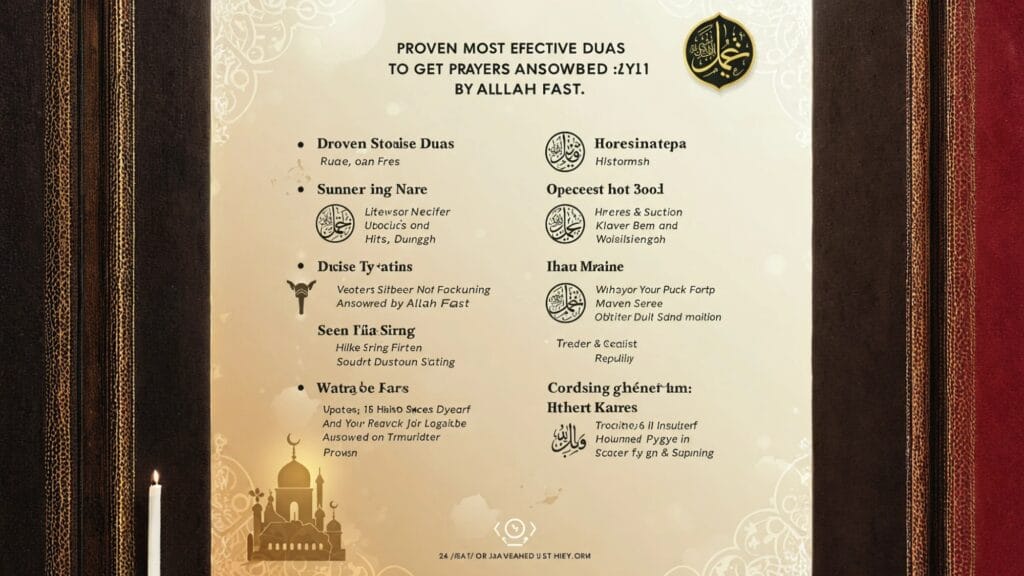
What Is Dua and Why Does It Matter?
Dua is more than a request—it’s an expression of trust, humility, and devotion. Allah (SWT) invites us to call upon Him: “And your Lord says, ‘Call upon Me; I will respond to you'” (Surah Ghafir, 40:60). This promise assures believers that no sincere dua goes unanswered, though the response may come in unexpected ways or timings.
Throughout Islamic history, duas have changed destinies. Prophet Ibrahim (AS) prayed for a child and was blessed with Ismail (AS). Prophet Yunus (AS) sought deliverance from a whale’s belly and was saved. These examples show that dua is a powerful tool for every Muslim, capable of bringing miracles when made with faith.
In this article, we’ll uncover the proven most effective duas to get your prayers answered fast, along with practical tips and resources to make your supplications more impactful.
The Power of Dua: How It Transforms Lives
Dua isn’t just about asking—it’s about building a relationship with Allah (SWT). The Quran states, “When My servants ask you about Me, I am indeed near. I respond to the call of the caller when he calls upon Me” (Surah Al-Baqarah, 2:186). This closeness is what makes dua so special.
Scholars explain that dua can:
- Alter fate, as Allah may replace hardship with ease.
- Bring peace to a troubled heart.
- Open doors that seem closed.
For instance, the Prophet (PBUH) said, “Nothing can change the Divine decree except dua” (Tirmidhi). This highlights its potential to shift life’s course when made sincerely.
Read more:
Proven Most Effective Duas for Fast Acceptance
Below are some of the most powerful duas from the Quran and Hadith, revered for their effectiveness in getting prayers answered quickly. Each includes its Arabic text, transliteration, translation, and guidance on when to use it.
1. Dua of Prophet Yunus (AS) – For Urgent Help
Arabic:
لَّا إِلَٰهَ إِلَّا أَنتَ سُبْحَانَكَ إِنِّي كُنتُ مِنَ الظَّالِمِينَ
Transliteration:
La ilaha illa anta subhanaka inni kuntu minaz-zalimin.
Translation:
“There is no deity except You; exalted are You. Indeed, I have been of the wrongdoers.” (Surah Al-Anbiya, 21:87)
Why It’s Effective:
Prophet Yunus (AS) recited this dua while trapped in a whale’s belly. Allah (SWT) responded instantly, freeing him from darkness. It’s a universal plea for help in desperate situations.
When to Use:
- During overwhelming distress or emergencies.
- Repeat it in the last third of the night or after Salah.
2. Dua for Forgiveness – Seeking Mercy
Arabic:
رَبَّنَا ظَلَمْنَا أَنفُسَنَا وَإِن لَّمْ تَغْفِرْ لَنَا وَتَرْحَمْنَا لَنَكُونَنَّ مِنَ الْخَاسِرِينَ
Transliteration:
Rabbana zalamna anfusana wa illam taghfir lana wa tarhamna lanakunanna minal khasirin.
Translation:
“Our Lord, we have wronged ourselves, and if You do not forgive us and have mercy upon us, we will surely be among the losers.” (Surah Al-A’raf, 7:23)
Why It’s Effective:
This was the dua of Adam and Hawwa (AS) after their mistake in Paradise. Its humility and reliance on Allah’s mercy make it powerful for forgiveness and acceptance.
When to Use:
- After sinning or feeling spiritually disconnected.
- During daily prayers or quiet reflection.
3. Dua for Guidance – Finding Clarity
Arabic:
اللَّهُمَّ إِنِّي أَسْأَلُكَ الْهُدَى وَالتُّقَى وَالْعَفَافَ وَالْغِنَى
Transliteration:
Allahumma inni as’aluka al-huda wa at-tuqa wa al-‘afafa wa al-ghina.
Translation:
“O Allah, I ask You for guidance, piety, chastity, and self-sufficiency.” (Sahih Muslim)
Why It’s Effective:
Taught by the Prophet (PBUH), this dua covers core needs—direction, righteousness, purity, and independence. It’s perfect for seeking Allah’s help in decision-making.
When to Use:
- Before major life choices.
- As a daily morning or evening dua.
4. Dua for Health – Physical and Mental Well-Being
Arabic:
اللَّهُمَّ عَافِنِي فِي بَدَنِي، اللَّهُمَّ عَافِنِي فِي سَمْعِي، اللَّهُمَّ عَافِنِي فِي بَصَرِي
Transliteration:
Allahumma ‘afini fi badani, Allahumma ‘afini fi sam‘i, Allahumma ‘afini fi basari.
Translation:
“O Allah, grant me health in my body, O Allah, grant me health in my hearing, O Allah, grant me health in my sight.” (Abu Dawud)
Why It’s Effective:
This dua seeks comprehensive health, protecting your body and senses. It’s widely used for healing and prevention.
When to Use:
- Daily after Fajr or before sleep.
- When facing illness or health concerns.
5. Dua for Wealth – Lawful Provision
Arabic:
اللَّهُمَّ إِنِّي أَسْأَلُكَ رِزْقًا حَلَالًا طَيِّبًا
Transliteration:
Allahumma inni as’aluka rizqan halalan tayyiban.
Translation:
“O Allah, I ask You for lawful and good provision.” (Sahih Muslim)
Why It’s Effective:
Focusing on halal sustenance, this dua invites blessings in wealth and removes financial stress.
When to Use:
- After Salah, especially Fajr and Maghrib.
- When starting a job or business.
6. Dua for Happiness – Inner Peace
Arabic:
اللَّهُمَّ إِنِّي أَسْأَلُكَ نَفْسًا مُطْمَئِنَّةً
Transliteration:
Allahumma inni as’aluka nafsan mutma’innah.
Translation:
“O Allah, I ask You for a contented soul.” (Tirmidhi)
Why It’s Effective:
True happiness in Islam is inner peace. This dua seeks a calm, trusting heart.
When to Use:
- During stress or sadness.
- As part of daily supplications.
How to Make Dua Effectively: Step-by-Step Guide
The words of dua matter, but how you make it can amplify its power. Here’s a detailed guide to ensure your supplications resonate with Allah (SWT):
1. Begin with Praise and Blessings
Start by glorifying Allah and sending blessings on the Prophet (PBUH). This aligns with the Sunnah and sets a respectful tone.
Example:
“Alhamdulillah, Allahumma salli ‘ala Muhammad.”
Translation:
“All praise is due to Allah. O Allah, send blessings upon Muhammad.”
2. Be Sincere and Focused
Pour your heart into your dua. Avoid reciting mechanically—feel every word and trust Allah fully.
3. Raise Your Hands
The Prophet (PBUH) raised his hands during dua, symbolizing need and surrender. It’s a simple yet profound act.
4. Face the Qiblah
Turning toward the Kaaba enhances focus and reverence, though it’s not mandatory.
5. Be Persistent
Allah loves those who keep asking. Don’t give up if answers aren’t immediate—consistency shows faith.
6. Ask for This World and the Next
Balance your dua between worldly needs and eternal success.
Example:
“Rabbana atina fid-dunya hasanatan wa fil-akhirati hasanatan wa qina ‘adhaban-nar.”
Translation:
“Our Lord, give us good in this world and good in the Hereafter, and protect us from the Fire.” (Surah Al-Baqarah, 2:201)
7. End with Ameen
Seal your dua with “Ameen,” affirming your trust in Allah’s response.
Best Times to Make Dua: Moments of Acceptance
Timing can play a key role in dua’s acceptance. Here are the most blessed times to supplicate:
1. Last Third of the Night
Allah descends to the lowest heaven during this time, asking, “Who is calling upon Me?” (Sahih Bukhari). Tahajjud is ideal for heartfelt duas.
2. After Obligatory Prayers
Post-Salah moments are sacred, as you’re already in worship mode.
3. On Fridays
The hour before Maghrib on Jumu’ah is a golden window for dua (Sahih Bukhari).
4. During Rain
Rain symbolizes mercy, making it a prime time for supplication.
5. In Sujood (Prostration)
The Prophet (PBUH) said, “The closest a servant is to his Lord is when he is in prostration” (Sahih Muslim).
Common Mistakes That Delay Answers
Avoid these pitfalls to ensure your duas remain effective:
1. Impatience
Expecting instant results can weaken faith. Allah’s timing is perfect—trust it.
2. Doubt
Questioning Allah’s ability blocks sincerity. Believe He can do anything.
3. Asking for Haram
Requests for forbidden things won’t be granted. Align your dua with Islam.
4. Distraction
Supplicating absentmindedly reduces impact. Focus fully on Allah.
5. Neglecting Worship
Dua thrives alongside Salah, charity, and good deeds—don’t isolate it.
Online Resources to Master Duas
Want to deepen your dua knowledge? Here are top online tools and courses, complete with fees, reviews, and ratings.
1. IslamicFinder.org
- What It Offers: A vast dua library with translations and audio.
- Cost: Free
- Review: “A go-to for daily supplications—simple and authentic.” (4.8/5)
2. Dua & Azkar App
- What It Offers: Mobile app with categorized duas and reminders.
- Cost: Free (iOS/Android)
- Review: “Perfect pocket companion for duas.” (4.7/5)
3. Udemy – “Mastering the Art of Dua”
- What It Offers: Course on dua etiquettes and practices.
- Cost: $29.99
- Review: “Practical and insightful—worth every penny.” (4.5/5)
4. Coursera – “Islamic Spirituality”
- What It Offers: Free course on dua’s spiritual role.
- Cost: Free (Certificate: $49)
- Review: “Deeply enriching and scholarly.” (4.6/5)
5. Islamic Online University
- What It Offers: In-depth Islamic studies, including dua modules.
- Cost: $100/course (aid available)
- Review: “Top-tier education from experts.” (4.9/5)
Fees Structure for Dua Resources
- Free Options:
- IslamicFinder.org: $0
- Dua & Azkar App: $0
- Coursera (audit): $0
- Paid Options:
- Udemy: $29.99
- Islamic Online University: $100 (financial aid available)
- Extras:
- App premium features: $2-$10
- Dua books: $5-$30
Real Stories: Duas That Worked
Here’s how dua transformed lives:
- Amina, 34: “I recited the dua for wealth after losing my job. A week later, I landed a better position—Alhamdulillah!”
- Hassan, 27: “The dua for health helped me recover from a long illness. It gave me hope.”
- Zainab, 40: “I used the dua for guidance during a family crisis. Clarity came unexpectedly.”
Conclusion: Unlock the Power of Dua
Dua is your direct line to Allah (SWT)—a gift to seek His mercy and guidance. By using these proven supplications, following best practices, and avoiding mistakes, you can see your prayers answered swiftly. Explore the resources shared to enrich your practice, and make dua a daily habit.
May Allah (SWT) accept your supplications and grant you peace in both worlds. Ameen.


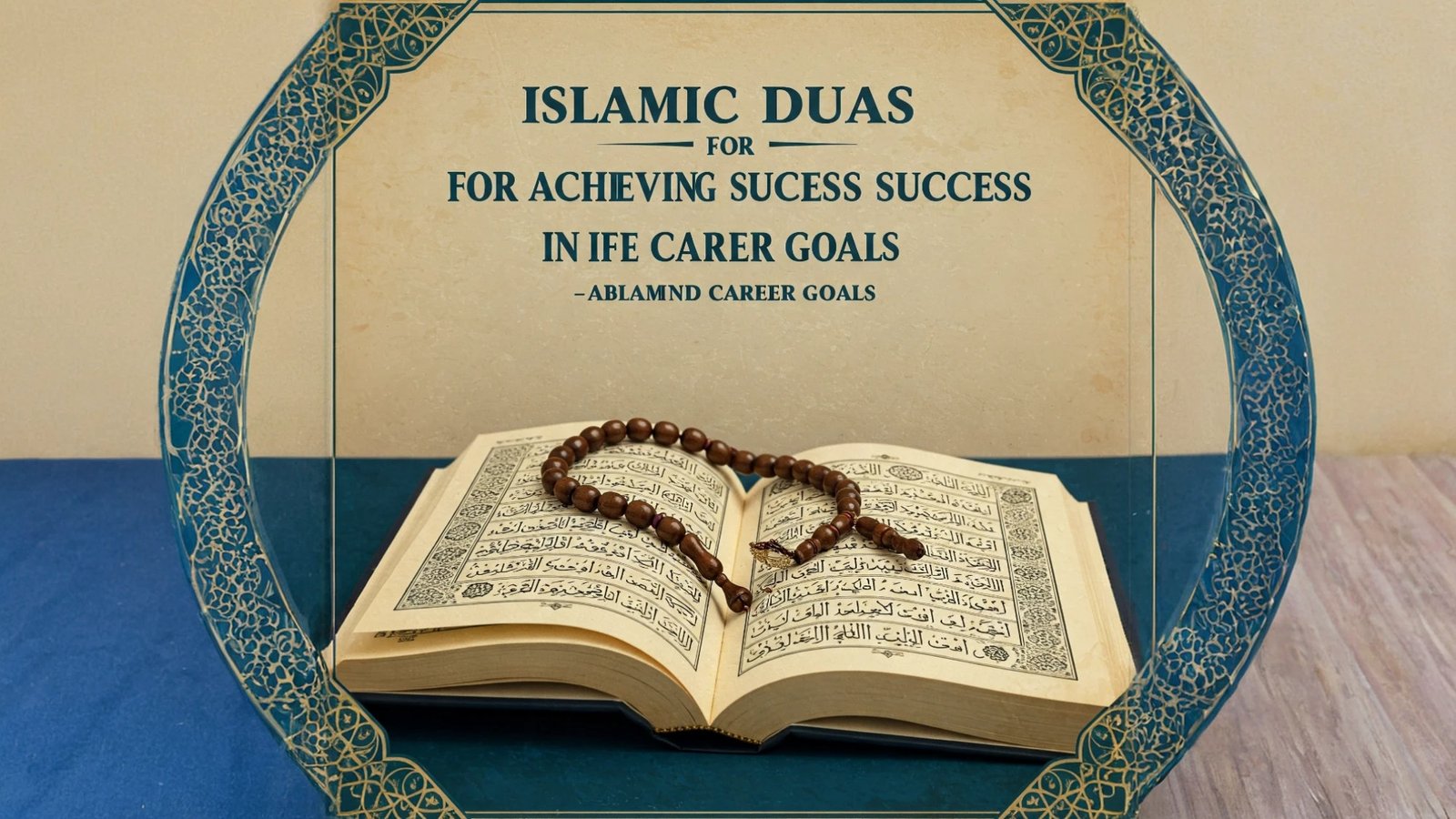




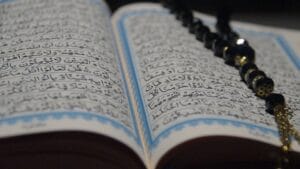


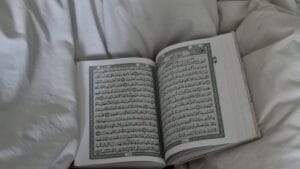

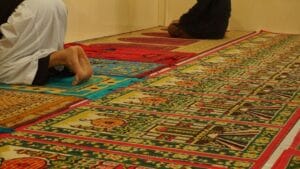

Post Comment